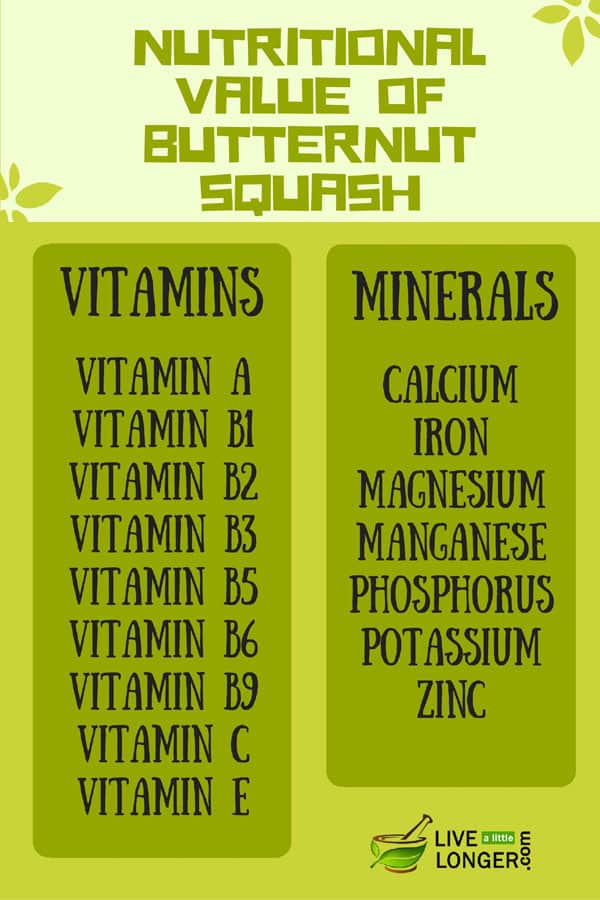In today’s fast-paced world, the importance of proper nutrition for overall health cannot be overstated. Multivitamin capsules have become increasingly popular as a convenient means of obtaining essential nutrients. However, the debate surrounding their necessity remains contentious. In this article, we talk about the pros and cons of daily multivitamin supplementation to help you make an informed decision about whether it’s right for you.

Understanding Daily Nutritional Requirements:
Daily nutritional requirements are the foundation of a healthy diet, dictating the amount of essential vitamins and minerals needed by the body each day. These requirements are not one-size-fits-all; they vary based on factors like age, gender, activity level, and overall health status. Health authorities such as the National Institutes of Health (NIH) and the World Health Organization (WHO) establish recommended daily intake guidelines. These guidelines serve as benchmarks for the amount of nutrients necessary to prevent deficiencies and promote overall well-being. Meeting daily nutritional requirements is vital for supporting various bodily functions. From energy metabolism to immune function, bone health, and cognitive function, adequate intake of vitamins and minerals is essential for optimal health.

While obtaining nutrients from food sources is ideal due to their higher bioavailability and absorption rates, dietary deficiencies are not uncommon. Common deficiencies include vitamin D, vitamin B12, iron, calcium, and magnesium, each with its own set of potential health issues and complications. In addition to vitamins and minerals, other essential nutrients like protein, carbohydrates, fats, fiber, and water play crucial roles in meeting daily nutritional requirements. A balanced diet that incorporates a variety of nutrient-rich foods is key to ensuring optimal health and well-being. If you’re not meeting your nutritional needs, consider taking multivitamin capsules regularly. These supplements to increase energy levels
Let’s understand the pros and cons of taking multivitamin capsules daily:
Pros of Taking a Daily Multivitamin Capsule:
-
Convenience: Multivitamin capsules offer a convenient way to obtain a wide range of nutrients in one easy-to-take form, saving time and effort compared to sourcing nutrients from food alone.
-
Filling Nutritional Gaps: For individuals with restricted diets, specific health conditions, or increased nutrient needs, such as during pregnancy or aging, multivitamin supplementation can help address potential deficiencies and promote overall well-being.
-
Support for Certain Populations: Pregnant women, older adults, vegetarians/vegans, and individuals with malabsorption issues may benefit from multivitamin supplementation to ensure adequate nutrient intake.
-
Prevention of Chronic Diseases: While more research is needed, some studies suggest that multivitamin use may be associated with a reduced risk of certain chronic diseases, such as heart disease and age-related macular degeneration.
Cons of Taking a Daily Multivitamin Capsule:
-
Expense: Cost may be a barrier for some individuals, as high-quality multivitamin supplements can be relatively expensive, especially when taken daily over the long term.
-
Overconsumption Risk: Excessive intake of certain vitamins and minerals, particularly fat-soluble vitamins like vitamin A and vitamin D, can lead to toxicity and adverse health effects.
-
Not a Substitute for Healthy Eating: Multivitamins should complement, not replace, a balanced diet rich in whole foods, as they may lack the beneficial phytonutrients and fiber found in fruits, vegetables, and other plant-based foods.
Factors to Consider Before Starting Multivitamin Supplementation:
-
Individual Health Status: Consultation with a healthcare professional to assess personal nutritional needs and potential risks.
-
Quality of the Supplement: Look for reputable brands like Becoules multivitamins.
-
Dosage and Formulation: Consider specific nutrient requirements based on age, gender, lifestyle, and health conditions.
-
Interaction with Medications: Certain vitamins and minerals may interact with medications, necessitating professional guidance.

